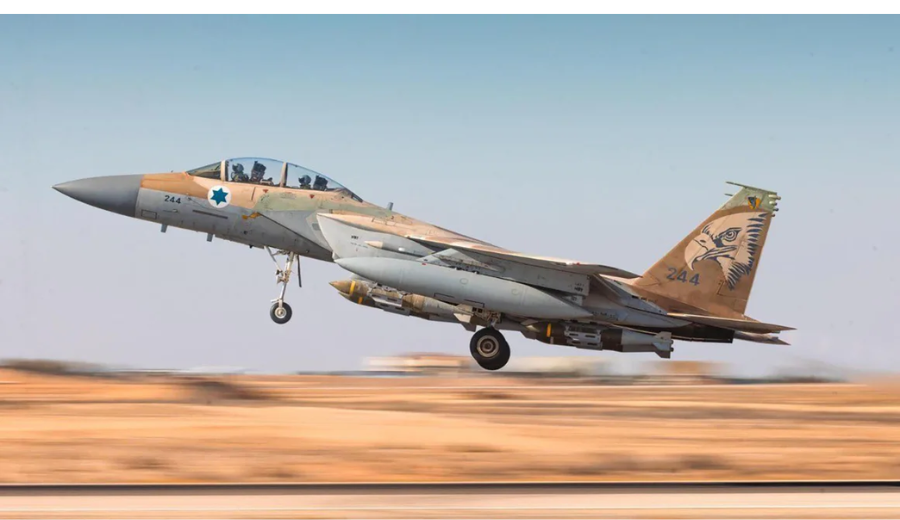On May 5, 2025, Israel conducted a series of airstrikes targeting Houthi positions in Yemen’s Hodeida province. This military action was a direct response to a ballistic missile attack by the Iran-backed Houthi rebels on Israel’s Ben Gurion International Airport the previous day, which resulted in injuries to several individuals and temporary disruptions to air traffic .
The Missile Attack on Ben Gurion Airport
The Houthi missile struck near the main terminal of Ben Gurion Airport on May 4, 2025, injuring eight people and causing significant damage to infrastructure . This incident marked the first time a missile had landed so close to Israel’s primary airport, highlighting the Houthis’ enhanced missile capabilities and raising concerns over regional security.
Israeli Retaliation: Operation “Outstretched Arm”
In retaliation, the Israel Defense Forces (IDF) launched “Operation Outstretched Arm,” deploying over 20 fighter jets to strike multiple Houthi targets in Yemen. The airstrikes focused on the Hodeida port complex and a nearby cement factory in Bajil, sites identified as critical for Iranian weapon transfers and Houthi military operations . The operation aimed to dismantle the Houthis’ military infrastructure and deter future attacks on Israeli territory.
International Reactions and Implications
The escalation between Israel and the Houthis has drawn international attention, with concerns over the potential for broader regional conflict. The United States, while not directly involved in the Israeli airstrikes, has conducted independent military actions against Houthi targets in Yemen, emphasizing its commitment to countering threats to regional stability . Meanwhile, Iran’s support for the Houthi rebels continues to be a point of contention, with Israeli officials attributing the missile attack on Ben Gurion Airport to Iranian influence.
Ongoing Tensions and Future Outlook
The recent exchange of attacks underscores the volatile nature of Middle Eastern geopolitics, particularly the complex relationships between Israel, Iran, and proxy groups like the Houthis. As Israel vows to continue its military operations to safeguard national security, the international community watches closely, urging restraint and seeking avenues for de-escalation to prevent further deterioration of regional stability.
















